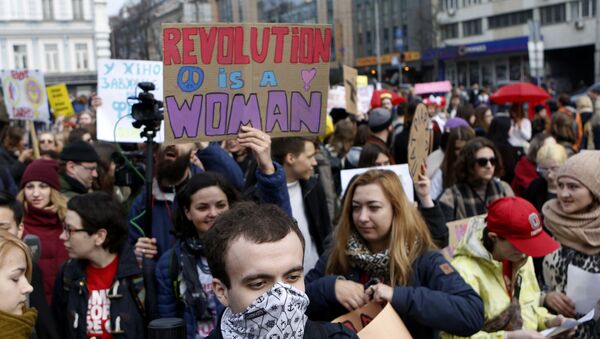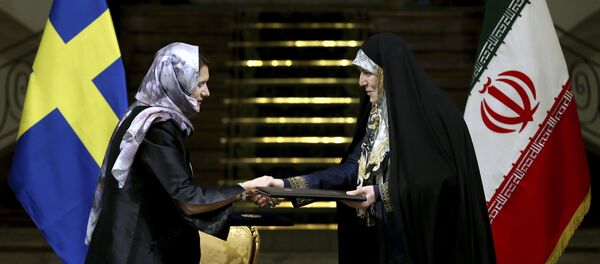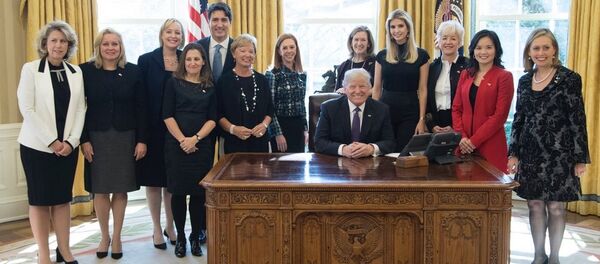According to Ukrainian Deputy Prime Minister Ivanna Klympush-Tsintsadze, the 5 million euros ($5.6mln) will be used for establishing an integrated national mechanism for gender equality under the government commissioner for gender policy (a newly established office), as well as implementing the national action plan Women, Peace, Security.
Klympush-Tsintsadze stressed that this project will focus on monitoring the current state of gender issues in Ukraine and the dynamics of social changes. In addition, gender advisers in law enforcement agencies will be introduced in order to enhance the capacity and coordination between bodies tasked with ensuring gender equality.
According to the Ukrainian government website, Martin Hagström ventured that quality of life is improved by gender equality, stressing the fact that women constituted a majority of the Ukrainian population, but were under-represented in the bodies of power.
In recent years, Sweden has emerged as the sixth largest humanitarian donor in the troubled country. For Ukraine, which has been plagued with staggering corruption, a crumbling economy, a plummeting currency, massive foreign debt, ultra-nationalism and separatism, many might be expected to question if gender issues should be a top priority. According to OpenAid, an information service about Swedish overseas help, Sweden contributed 27.8 million dollars to Ukraine in 2016. Incidentally, democracy, human rights and gender equality issues were the top priority; they were allocated $12.2mln, which is more than that earmarked for humanitarian aid ($5.9mln), banking and financial services ($3.2mln), energy generation ($2.5mln), education ($534,000) and communications ($486,000) combined.
Sweden is also one of Europe's most active supporters of Ukraine's EU membership as a follow-up to the recent visa waiver. According to the Swedish government, Sweden's cooperation with Ukraine is geared towards increasing the country's integration with the EU. In 2015, the Swedish government offered Ukraine a bilateral loan of 100 million dollars. Perhaps unsurprisingly, a 2014 survey found Swedes most willing to risk conflict with Russia by helping Ukraine than any other Europeans (73 percent as opposed to EU median 58 percent).
In addition to Sweden, Ukraine also enjoys massive support from the European Neighborhood Instrument (ENI), whose purpose is to promote peace and economic growth. The ENI has a total budget of around 17 million dollars for the period 2014-2020.





